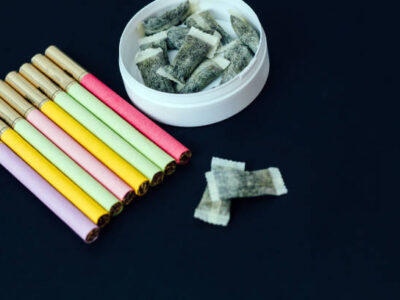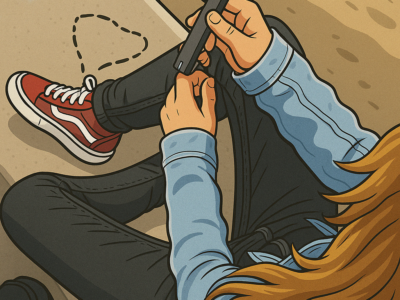A recent case concerning a spousal murder includes the second fatality this year connected with edible marijuana, exploding concern and questions regarding what role the drug played.
A 19-year-old student recently dropped to his death from a balcony at a hotel after consuming 6 servings of a marijuana cookie.
According to sources Kris Kirk was on the telephone with 911 for around twelve minutes prior to her husband Richard allegedly shooting her in the head as she was still on the phone line.
According to court documents, Mr. Kirk was heard within the background of the phone call speaking of some pot ‘candy’ he’d picked up from a store.
According to an individual on the case, there is a high likelihood that pot contributed to the incident. At this point, what they understand about the case is that he possibly ate an edible, and had way too much marijuana in his system.
This may cause problems, according to those on the case who pointed to one study which looked at the brain on the psychoactive drug in marijuana, THC.
It discovered that a region of the brain named the prefrontal cortex, will get more active as exposed to the drug. The region is thought to bring in sounds and sights from the world around you, therefore more activity might mean more sensations.
But, THC additionally leads to another region of the brain named the striatum to slow down.
Researchers believe that brain area assists you in handling all of those sensations coming in, therefore less activity might mean a rougher time making sense of everything.
In extreme instances, it may produce a kind of psychosis like schizophrenia.
There include similar facts within the case of a 19-year-old boy who jumped from a balcony at a hotel. Police report he ate a cookie which was 6.5 doses.
It is agreed amongst experts that more scientific studies of pot’s effects in various forms might be helpful.
There isn’t any rule against having one piece of candy containing the maximum 100mg of THC for an edible piece sold as recreational marijuana.
Colorado possesses no restriction whatsoever upon THC content for clinical pot edibles.
Untested products now are required to be available with a disclosure to a consumer stating they haven’t been tested.


